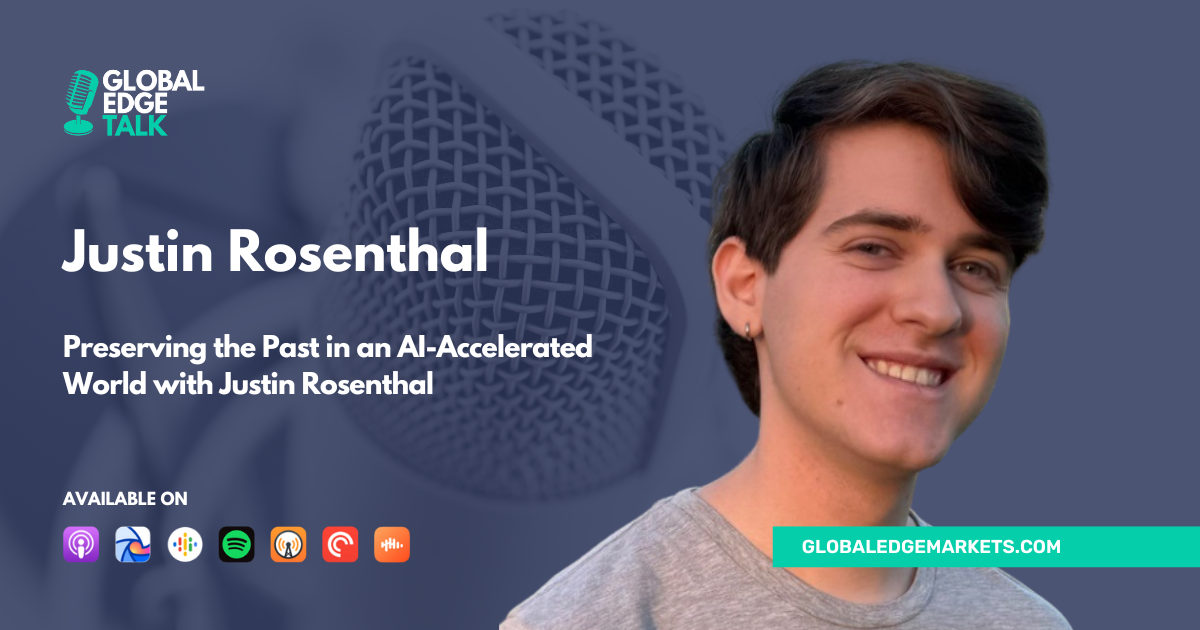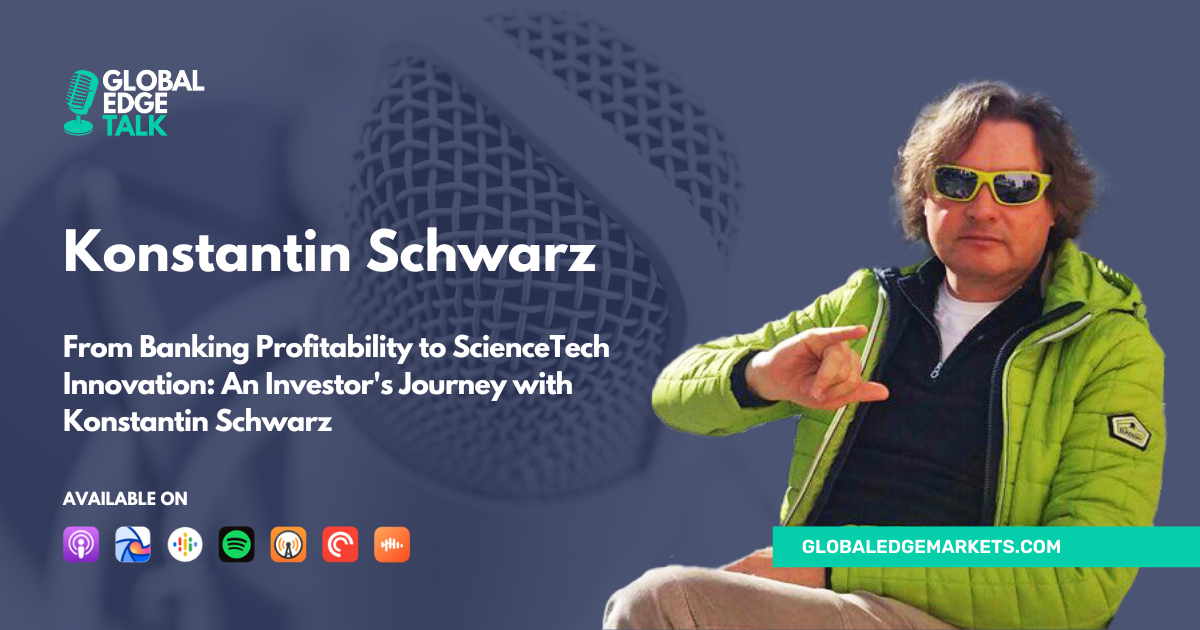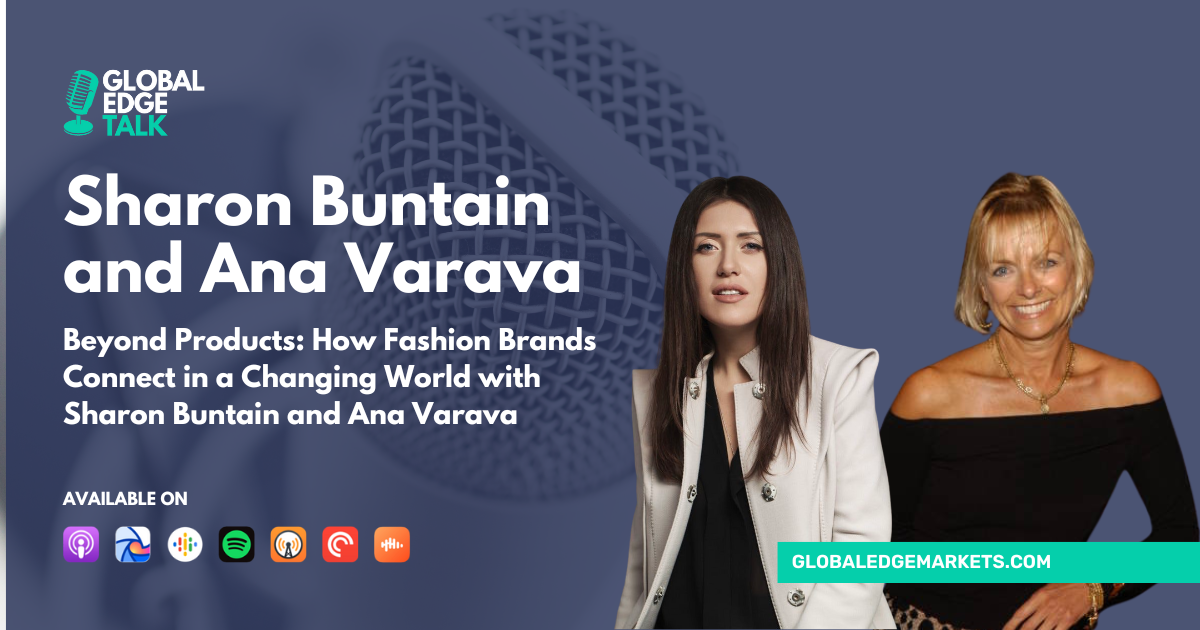The race toward technological advancement often leaves us disconnected from our shared heritage. In this thought-provoking conversation with Justin Rosenthal, we explore why museums and physical collections remain vital touchstones in our increasingly digital world.
Justin shares his fascinating journey from childhood museum visits to pursuing classical studies and archaeology in college, where hands-on work with historical objects revealed his true calling. While many of his peers chase careers in technology or finance, Justin has dedicated himself to preserving our collective memory through museum collections management.
The value of authenticity emerges as a central theme throughout our discussion. “At the heart of these stories is humanness,” Justin explains, highlighting how even everyday artifacts carry profound meaning about those who came before us. We explore how museum practices are evolving to amplify previously overlooked voices and address ethical considerations surrounding representation and cultural context.
Perhaps most compelling is our exploration of the irreplaceable nature of physical museum experiences. As Justin puts it, “Museums are spaces where we get a chance to slow down in such a fast-paced world and connect with stories that aren’t optimized for clicks.” While digital tools can enhance accessibility, they cannot replicate the serendipitous discoveries and multisensory connections that occur when standing before an actual artifact. From a World War II submarine converted into a museum to paintings that challenge our historical assumptions, these encounters transform our understanding in ways screens never could.
Ready to rediscover the power of museums in our digital age? Listen now to gain a fresh perspective on why preservation matters and how places of cultural heritage serve as essential community centers where we learn, interpret, and connect.
Alex:
Hi, this is Alex Romanovich and welcome to Global Edge Talk. Today is April 18, 2025, and we have Justin Rosenthal in our studio. Welcome, justin.
Justin:
Thank you so much, Alex. I’m really happy to be here.
Alex:
Wonderful to have you here, and I guess I’ll start our episode with a few sentences that talk about today, the future and the cultural past. It seems to me that in the world of speed, algorithms, innovations, artificial intelligence, we keep forgetting that our memory is also tied to the past, Our collective memory, I should say. So we’re very excited to talk to you today about this cultural past, about preservation, about museum collections and about your passion for all of those things. And I think, as we go forward faster with more technology, more artificial intelligence and so forth, those little things that we keep in memory, in collective memory, will be very much cherished. What are your thoughts? Tell us a little bit about yourself, your passion and your commitment to that passion.
Justin:
Yeah, absolutely so. I grew up going to museums that my parents would take me to, so they’ve always been a part of my life in some way or another. But it wasn’t until college that I decided that this was actually a path that I could look into and pursue and learn more about. I studied classical studies and archaeology throughout college and with my archaeology major I really honed in on museum studies. Specifically, I took a class during my freshman year about museum collections and ethical considerations and practical applications, and being able to do this sort of hands-on work touching these objects, trying to discover and share their stories felt like really meaningful work, because it’s storytelling and working with history in such a hands-on, physical way, and I realized that this was a great way to tie together my interest of the past with my interest for writing and stories and just making a difference in education.
Alex:
So that’s how I got to where I am today very interesting and very commendable is a lot of the Gen Z’s who graduate today and you’re a recent graduate they pursue a path of tech. They pursue a path of tech. They pursue a path of finance, fintech. Maybe some get into healthcare, digital health and so forth, but you don’t meet too many young people who want to look in the past, who want to look towards preservation, towards giving something back to society in terms of stories and making sure those stories are authentic as well. How do you make sure that, in this world of fake news, in this world of manufactured stories, manufactured faces even, how do you make sure that those stories of the past are authentic?
Justin:
I think at the heart of these stories is humanness. That’s why we’re so drawn to the past and collections and museums and those types of spaces, and I think that technology and things like AI can definitely play a big role now in the work in making this possible, but you still need humans there to tell the story. They’re the ones who care for objects, who can understand the context and develop emotional connections to it. So I think that it really just takes a lot of commitment and care. Really just takes a lot of commitment and care. Sometimes the easier route isn’t going to be the one that is more effective or that leads to stories that resonate more with people. So just authenticity makes such a huge difference, I would say.
Alex:
Yes, and in your essay, actually, you talk about not only the preservation and collection management, but also ethics, responsibility, commitment to representation, if you will, and the emotional life of those objects, historical importance of those objects and so forth. Tell us more about that. Tell us a little bit more about why collections matter in this day and age.
Justin:
For sure, and the thing is that objects are more than just things.
Justin:
We carry meaning in them, and they reflect the lives of the people who came before us.
Justin:
The people who made these objects, who interacted with them, used them, left them behind. So even the most everyday, ordinary objects tell us something about the past, sharing these stories, the past sharing these stories. But then where ethics can start to come into play is that the stories we choose to highlight only represent a limited perspective on history, and so I think that collections practices have definitely been shifting a lot in recent years, where we’re doing more work to intentionally seek out voices that have been overlooked, these untold stories from marginalized perspectives, more everyday voices instead of just the people who were in power, and so I think that this work helps us better understand the past, and then we can use that to better represent the present and who we are today and why so. There’s a lot of work going into recognizing that no story, or rather no object, tells a complete story on its own, but rather it’s about the context, which really only the human can fully understand, and the meaning that we can uncover from that context and what even gaps in the record mean.
Alex:
You know, there’s such a temptation to digitize a lot of art these days. It’s almost becoming a business model for a lot of folks. So the collections, the actual experience of going someplace to a gallery, to a museum, to an installation is dwindling. The temptation is to actually stay home and potentially view it in various different formats, potentially even trade in art in digital form, and so forth and so on. How can we as a society, as humans, how can we preserve that experience of going to the museum? Is it through, perhaps, integration of digital and real and AI in that matter? Or is this battle lost in your view?
Justin:
I would say that digital tools definitely can play a huge role in making these spaces more appealing.
Justin:
I think that they can add a whole new layer of interaction, making these experiences more interactive, giving the visitor more of a personal role and experience where, rather than just looking at objects, you’re engaging with them in a more three-dimensional way.
Justin:
So I definitely see this shift towards using these tools a lot more in museums and collections in general. But, like I said before, I think that museums are still needed because they’re very human and I feel there are so many museums in the world and if people really were losing interest, we can just look at pictures online, but that’s a totally different experience because you’re not seeing these objects in real life. But I think that you can supplement the digital world a little bit to make the experience just more engaging. For instance, I was volunteering for a museum in Athens, greece, while abroad for a semester, and I got to work on a 3D virtual tour that lets you know people from all over the world now see what this museum has. I don’t think it can fully replace the experience of going there in person and seeing with their own eyes and seeing it from all different angles, but I think that it’s a great way of engaging with an audience who might otherwise not have the opportunity to be there in person.
Alex:
I also think that museums are all about serendipity and all about being in the moment. I was recently also in the Krakow Museum of Polish Heritage and History, and so there was one painting that drew my attention and history and so forth. There was one painting that drew my attention and the painting was about the coronation of a Polish prince who was installed over some of the Russian territories because Poland at that time was part of a Lithuanian Commonwealth and that territory belonged to the Polish-Lithuanian Commonwealth. And I said, wait a second. We have always known Poland as a country being invaded or partitioned or something like that. I didn’t even realize that Poland actually owned part of Russia at some point in time.
Alex:
So there’s so many interesting things that you can learn in history from those artifacts, from those objects, and you almost imagine what it was like to be there, to be in this dramatic setting of a museum, to almost smell the paintings and smell the objects and really get into that experience, something you cannot do or copy while sitting in your office or your room in front of a digital screen and imagining what it would be like. So I totally agree with you that experience is very authentic, very real, and it’s really a connection point to the past, to history, to authenticity, in some cases right, of course you can jump on the phone and verify it and validate it. Then the question becomes who’s the validator? Can you trust it? But what you can trust is your own eyes, is your own nose, is your own experience.
Justin:
Wouldn’t you agree Exactly? Museums are spaces where we get a chance to actually slow down in such a fast-paced world and connect with stories that aren’t optimized for clicks. We get to interact with museums, however we’d like, in all the exhibits there and form our own opinions, draw our own conclusions, and it doesn’t even have to be a takeaway of this is a new fact I’ve learned. But just this is an object that makes me feel a certain way and that’s a totally different experience from just looking at these types of things online. So definitely is such a unique inherent value of hands-on interaction or even just eyes-on interaction in real life. So I absolutely agree.
Alex:
Justin? What’s new in store for you? What do you see yourself, or where do you see yourself in three to five years? And in that setting, if let’s say it is a museum, what is the museum of the future, near future, going to look like?
Justin:
In a few years. I right now I’m definitely looking to explore lots of different facets of behind the scenes museum work. My background is more in collections management, which I absolutely love, so if I could be a collections manager in a few years, that would probably be the dream. But for right now, I know that there’s so much more that museums have to offer that I really haven’t been exposed to yet Different parts of it education or curation, or even like marketing so I’m really looking for positions that would give me experiences in different ways. But I also I also am interested in museums that relate to history and culture, because that’s what my background is in, and I think that I just I love that, the storytelling that these types of museums can do.
Justin:
But I know that there are so many other museums out there, lots of types that I’ve never even had exposure to yet. So I’m really trying not to limit myself too much to anything at all, to limit myself too much to anything at all. But I think, regardless of the museum, the future definitely seems to be heading in a very technological track, which I think has value. It’s allowing us new ways of engagement, inviting new audiences, and I definitely see a lot of trends where things like community archaeology and community storytelling are becoming huge shifts in museums, as well as being so much more open about ethics and sometimes not as pretty parts of museums and their histories. So we’re definitely engaging in these types of conversations a lot more, which I personally think is a really great shift types of conversations a lot more, which I personally think is a really great shift.
Alex:
One of the parting thoughts that just came to my mind was that sometimes museums or installations or even aquariums offer a very unique experience, and sometimes the object itself is the museum.
Alex:
I was in Baltimore recently and right outside of the aquarium there was a World War II submarine that was converted into a museum. It was filled with artifacts, photographs, instrument panels and so forth and so on, and I thought to myself gee, that is a really cool installation, and I wish that we would gravitate towards those types of experiences sometimes and treat those objects as museums, treat those objects as the experience and almost transplant ourselves into that time and transform into that role, if you will. This is definitely something that is being forgotten and I hope it’s going to continue. I hope it’s going to continue because of people like you, because of people that are committed to this type of an experience. Any parting words, any advice to those who may want to pursue their dream, even though that dream is difficult, seems unattainable. If you love something, if you’re passionate about something, you have to stick to it, don’t you think?
Justin:
Yeah, absolutely. I’ve been learning the past few years that this really is not the easiest path to take, but it’s so valuable. I feel so fulfilled with the work I’m doing by feeling so much more connected to the past, and it really just expands my perspectives. I find it so enriching and I think that there’s value in pursuing work that just feels meaningful, even if it’s tough sometimes.
Justin:
I think we need people like that, who want to pursue their passions like this and make change, because museums help people. They help people connect to communities, they share stories, validate struggles and really really important work in a world that is, I think, gradually becoming more disconnected from really genuine stories like this and becoming a lot more based on what can get the most views online. So I wholeheartedly encourage anyone who’s interested in this sort of work to get involved in whatever way they can. There’s so many opportunities out there now, even through technology. I’ve heard of different websites that allow people to transcribe old letters and other ancient artifacts from the comfort of their own computer at home. So I think that as long as you really just keep your eye open and look out there, there’ll be something for you.
Alex:
Thank you so much and I totally agree with you that museums and those installations and galleries they’re heartfelt centerpieces for the community. This is where the community can get together and learn together, interpret together, absolutely be committed to preservation. Thank you so much for being with us. We wish you all the best. I know that this podcast interview is going to be heard and watched by many and I’m sure that many will be absolutely impressed by you, by this conversation. We wish you best of luck in your endeavors and hoping to see you as a collection manager in one of the top museums in the world.
Justin:
Thank you so much, Alex. It was really such a pleasure to have the opportunity to talk about something that I care so deeply about. I really appreciate it. Thank you much.






